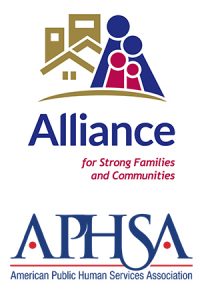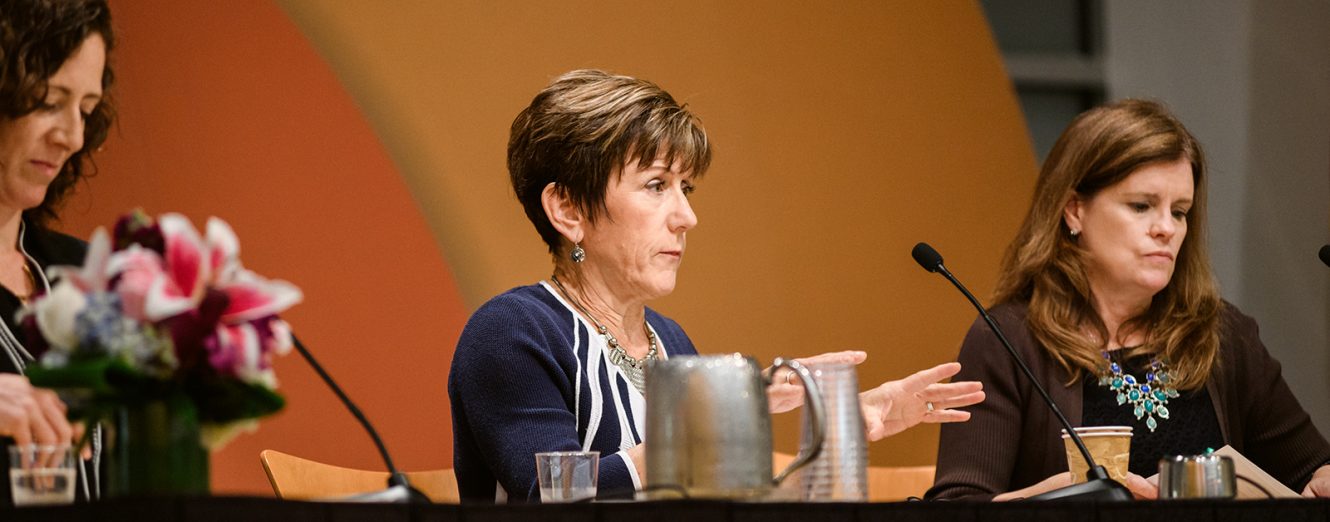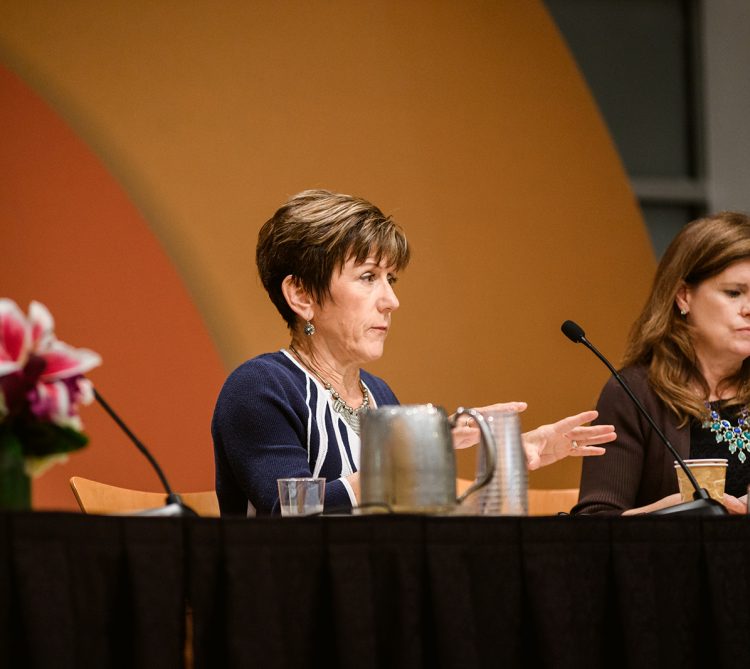Unlocking the Transformative Potential of the Sector
June 28, 2018On Wednesday, June 13, the National Human Services Assembly held its 2018 Annual Convening, entitled Essential Conversations on Human Services. One such conversation that took place during the stimulating breakout sessions was Reframing Human Services and Improving the Health of the Sector, featuring Bridget Gavaghan, National Reframing Initiative Director, National Human Services Assembly; Susan Dreyfus, President & CEO, Alliance for Strong Families and Communities; and Tracy Wareing Evans, President & CEO, American Public Human Services Association. The Alliance and APHSA recently released National Imperative: Joining Forces to Strengthen Human Services in America, a groundbreaking report examining the health and impact of community-based human service organizations (discussed in the January 25 newsletter). In this session, the panelists explored how misperceptions about human services have contributed to the structural challenges identified in the report and how reframing human services can help build support for the report’s sector-strengthening recommendations.
The report, developed by Oliver Wyman and SeaChange Capital Partners, found that human service community-based organizations (CBOs) play a critical role in every community across the nation, producing outcomes in physical, social, emotional, developmental, and financial well-being that benefit society as a whole. The human service sector is also a major economic driver, generating over $200 billion per year in economic activity through wages, rent, fuel, and other activities necessary to run organizations and deliver services. Unfortunately, many CBOs are facing financial challenges that result in significant consequences for recipients and society overall. For example, CBOs often experience persistent operating deficits, limited financial reserves, the inability to invest in technology and data sharing, and the burden of the current regulatory and legal environment.
One of the major sources of these financial challenges identified in the report is in messaging and how the public perceives the human service sector. As conveyed in research conducted by the FrameWorks Institute for the National Assembly, there is a serious disconnect between what the experts within the sector know and what the public believes about recipients of services, the scope of work, and the nature of the sector. Several factors that were discussed during this session include the need for the sector to recognize and address the ways in which we may share and perpetuate the same biases that FrameWorks identified as a barrier to engaging the public. Additionally, we need to break out of our silos and begin to have properly framed conversations with other sectors, such as philanthropy, government, for-profit businesses, and academics. Lastly, we have to speak with a common language, such as what is offered in the Building Well-Being Narrative, that is scientifically shown to change opinions, increase knowledge, and motivate support for funding, programs, and policies.
 The National Reframing Initiative and our long-time framing partners at the Alliance and APHSA continue to offer recommendations and resources on messaging language, focus, and strategies to address the challenges identified in the report. In addition to the report and its five “north star” initiatives to improve the success of CBOs, the National Imperative project provides a robust toolkit of materials that are all well-framed and available for use. The National Reframing Initiative also encourages you to explore the new National Assembly website, including the Reframing Resource Library and the Building a New Narrative on Human Services Communications Toolkit to improve the effectiveness of your communications and increase support for your programs and the sector as a whole. The National Reframing Initiative appreciates the opportunity to share this report and the importance of reframing at the National Assembly’s Annual Convening and looks forward to continuing this exciting conversation with each of you going forward.
The National Reframing Initiative and our long-time framing partners at the Alliance and APHSA continue to offer recommendations and resources on messaging language, focus, and strategies to address the challenges identified in the report. In addition to the report and its five “north star” initiatives to improve the success of CBOs, the National Imperative project provides a robust toolkit of materials that are all well-framed and available for use. The National Reframing Initiative also encourages you to explore the new National Assembly website, including the Reframing Resource Library and the Building a New Narrative on Human Services Communications Toolkit to improve the effectiveness of your communications and increase support for your programs and the sector as a whole. The National Reframing Initiative appreciates the opportunity to share this report and the importance of reframing at the National Assembly’s Annual Convening and looks forward to continuing this exciting conversation with each of you going forward.
Spotlight:
A recent article in the Nonprofit Quarterly, written by Sheela Nimishakavi, raises important concerns with the “othering” language common in nonprofit communications. Nimishakavi draws attention to the ways in which using identify-first language that defines an individual by their condition, such as being a disabled person or homeless person, unintentionally dehumanizes their constituents. This concept closely aligns with reframing recommendations to emphasize societal conditions rather than individual attributes that could contribute to seeing service recipients as “others” rather than seeing the services as something benefiting the whole community. We encourage you to read this thought provoking piece.



